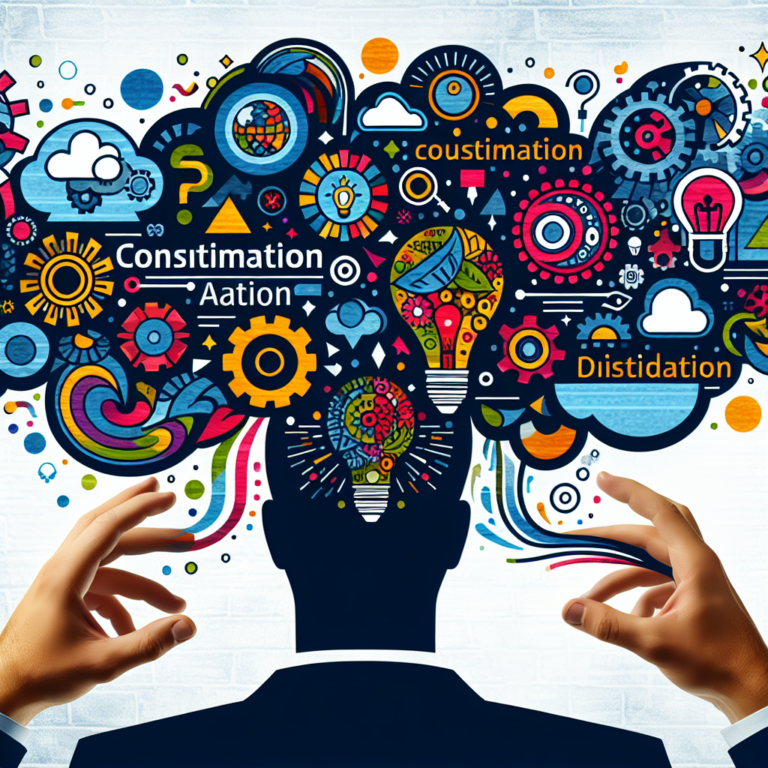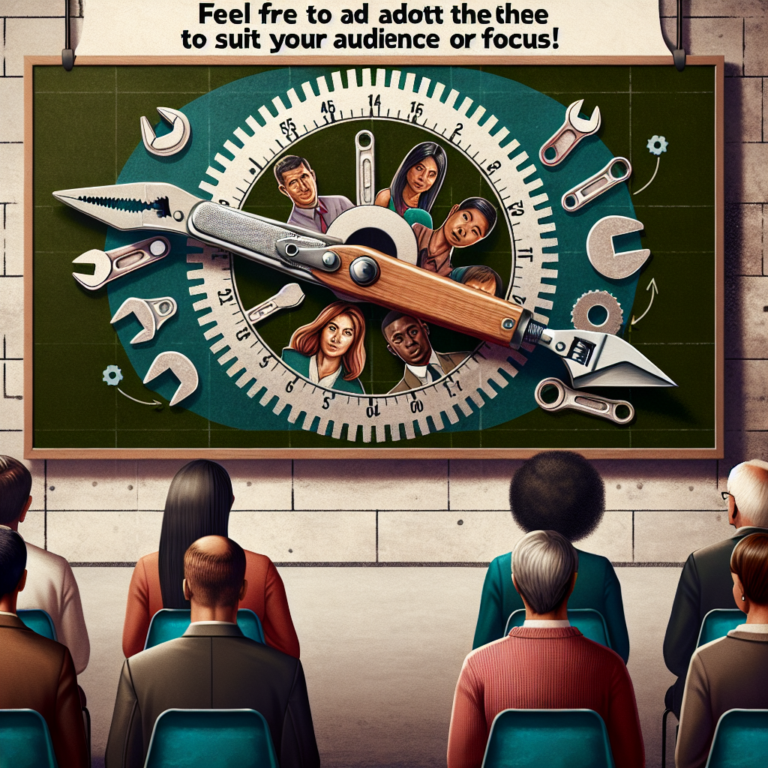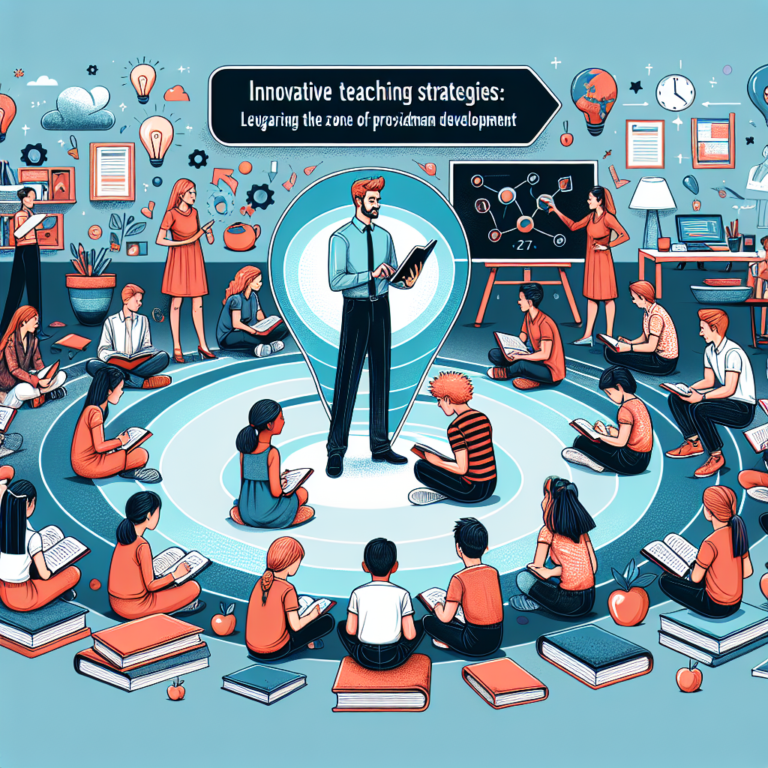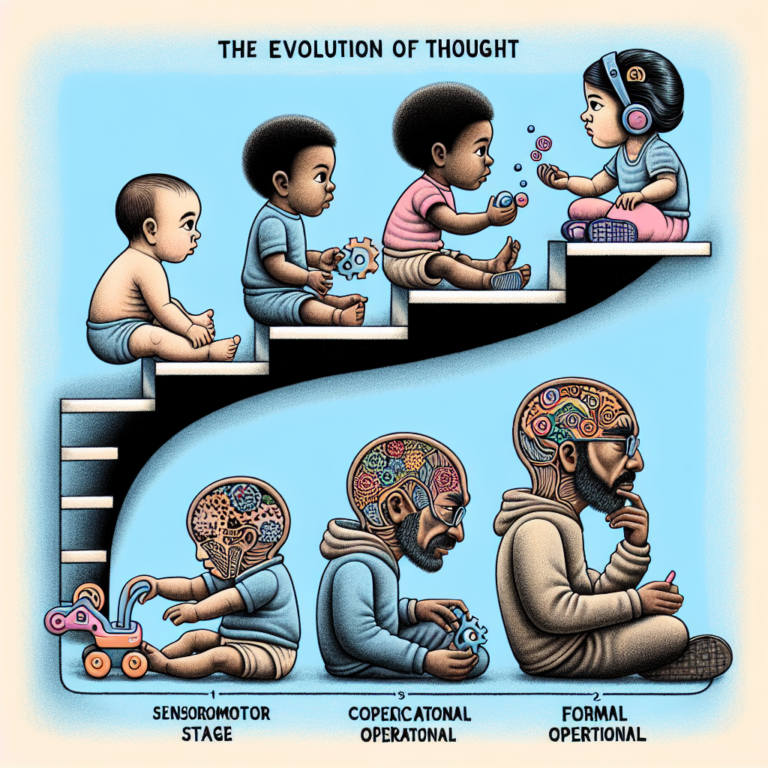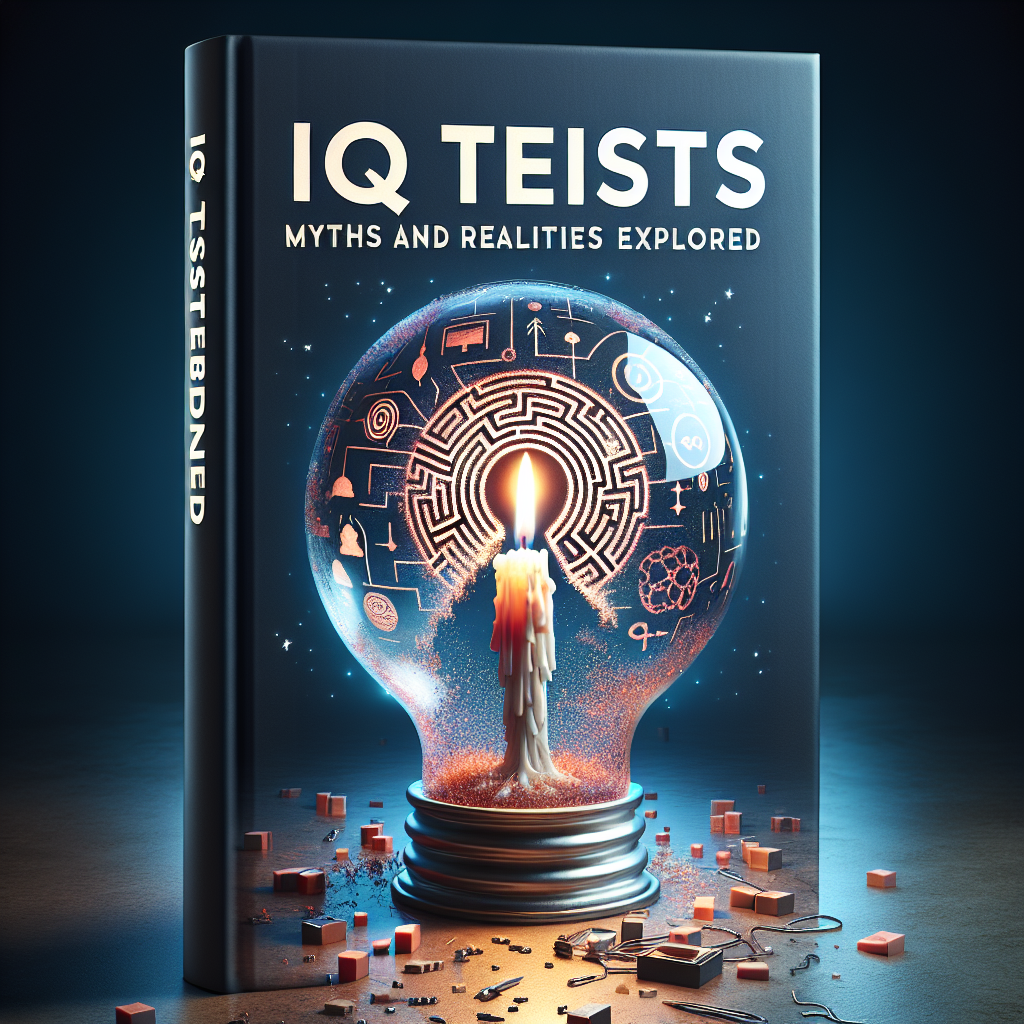
Introduction
In an era where standardized testing dominates educational and professional landscapes, IQ tests debunked: myths and realities explored have become a crucial topic of discussion. For decades, these tests have been revered as definitive measures of intelligence. However, beneath the surface lies a web of misconceptions and unexamined truths that warrant deeper exploration. Understanding what IQ tests truly measure—and what they don’t—can empower us to redefine intelligence in a way that promotes inclusivity and diversity.
Join us on an incredible journey as we delve into the complexities surrounding IQ tests. We’ll unpack the myths and realities associated with these assessments, highlighting their implications in education, employment, and beyond.
The History of IQ Testing
To understand the myths and realities of IQ tests, we must first explore their origins. The term "Intelligence Quotient" was first introduced in the early 20th century by French psychologist Alfred Binet. His original goal was to identify French schoolchildren who needed extra academic support. What began as a noble effort to foster educational growth has evolved into a tool often used for more than just academic placement.
Timeline of IQ Testing
| Year | Event |
|---|---|
| 1905 | Alfred Binet develops the first IQ test. |
| 1916 | Lewis Terman introduces the Stanford-Binet test, standardizing Binet’s work. |
| 1939 | David Wechsler publishes his own version, targeting adult intelligence. |
| 1990s | Modern revisions of IQ tests reflect changing educational paradigms. |
Myths About IQ Tests
Myth 1: IQ Tests Measure a Fixed Intelligence
One of the most widespread myths is that IQ is a static measure of intelligence. In reality, IQ can be influenced by a variety of factors, including education, environment, and socio-economic status.
Case Study Analysis: Research indicates that children in stimulating environments often see an increase in IQ scores over time. This demonstrates that intelligence is not as fixed as once believed.
Myth 2: IQ Tests Are Culturally Neutral
Another prevailing myth suggests that IQ tests are universally fair. However, numerous studies have shown that cultural and socio-economic biases heavily influence test results.
Case Study: A study on the SAT found that students from different socio-economic backgrounds performed variably, not due to intelligence but rather based on access to resources and preparatory education.
Myth 3: High IQ Equals Success
While a high IQ may correlate with certain cognitive abilities, it does not guarantee success in life. Emotional intelligence, resilience, and social skills are often better predictors of personal and professional achievement.
Case Study: Consider the story of Richard Branson, who has openly discussed his struggles with dyslexia. Despite a lower-than-average IQ, he became a world-renowned entrepreneur, illustrating that success is multifaceted.
The Realities of IQ Tests
Reality 1: IQ Tests Measure Certain Cognitive Skills
While they are not definitive measures of intelligence, IQ tests can effectively gauge specific cognitive abilities like logical reasoning, mathematical skills, and verbal comprehension.
Reality 2: Standardized Testing Can Highlight Disparities
IQ tests can reveal educational disparities that may require intervention. By analyzing group performance, educators can develop targeted programs that address weaknesses.
Reality 3: They Are Not the Only Measures of Intelligence
Multiple intelligences theory, proposed by Howard Gardner, emphasizes that traditional IQ tests fail to encapsulate the entirety of human intelligence. Creativity, interpersonal skills, and practical problem-solving are equally vital.
Charting the Impact of IQ Tests
To visualize the implications of IQ testing on society, let’s consider various impacts across domains:
| Domain | Positive Impact | Negative Impact |
|---|---|---|
| Education | Identifies students needing support | May label students unfairly |
| Employment | Aids in recruitment processes | May overlook candidates’ potential |
| Social Policy | Influences educational funding | Reinforces social inequities |
Actionable Insights
Reframe Your Understanding of Intelligence: Intelligence is not a single entity quantified by a number. Embrace multiple intelligence frameworks to appreciate diverse talents.
Challenge Stereotypes: Discuss and disseminate information that debunks common myths. The more we talk about these issues, the more we can shift perspectives.
- Advocate for Diverse Assessment Methods: Support educational and employment systems that utilize varied assessment methods beyond IQ tests, like portfolios, interviews, and practical examinations.
FAQs
What is an IQ test actually measuring?
IQ tests primarily assess cognitive abilities such as logic, mathematical skills, and verbal comprehension. They do not encompass creative thinking, emotional intelligence, or practical problem-solving.
How can cultural biases affect IQ test results?
Cultural biases can lead to unfair scores. Test language or content may favor certain cultural contexts, putting individuals from different backgrounds at a disadvantage.
Is it possible to improve your IQ score?
While underlying cognitive abilities may be stable, engaging in stimulating mental activities, educational opportunities, and supportive environments can lead to improved performance on IQ tests over time.
Should schools rely on IQ tests for student tracking?
While they can be useful in identifying students needing additional support, schools should also consider holistic assessments that include social-emotional factors and diverse skill sets.
How can I advocate for better assessment methods?
Engage in community discussions about educational methodologies. Explore partnership opportunities with organizations advocating for educational reform to promote diverse assessment strategies.
Conclusion
As we navigate the landscape of IQ tests debunked: myths and realities explored, it becomes clear that while IQ tests serve specific purposes, they are not the ultimate gatekeepers of intelligence. They merely scratch the surface of human potential. By understanding the myths and realities surrounding these tests, we can challenge the traditional narratives, broaden the definition of intelligence, and create a more inclusive world.
Let’s get empowered: reassess your perceptions, advocate for justice in testing, and champion diverse measures of human capabilities. The future belongs to those who understand that intelligence is as varied as humanity itself.
This article serves as a foundation for exploring the convoluted narrative of IQ testing. By continually engaging with these topics, we not only foster meaningful discourse but also advocate for genuine understanding and acceptance in how we define and evaluate intelligence.



